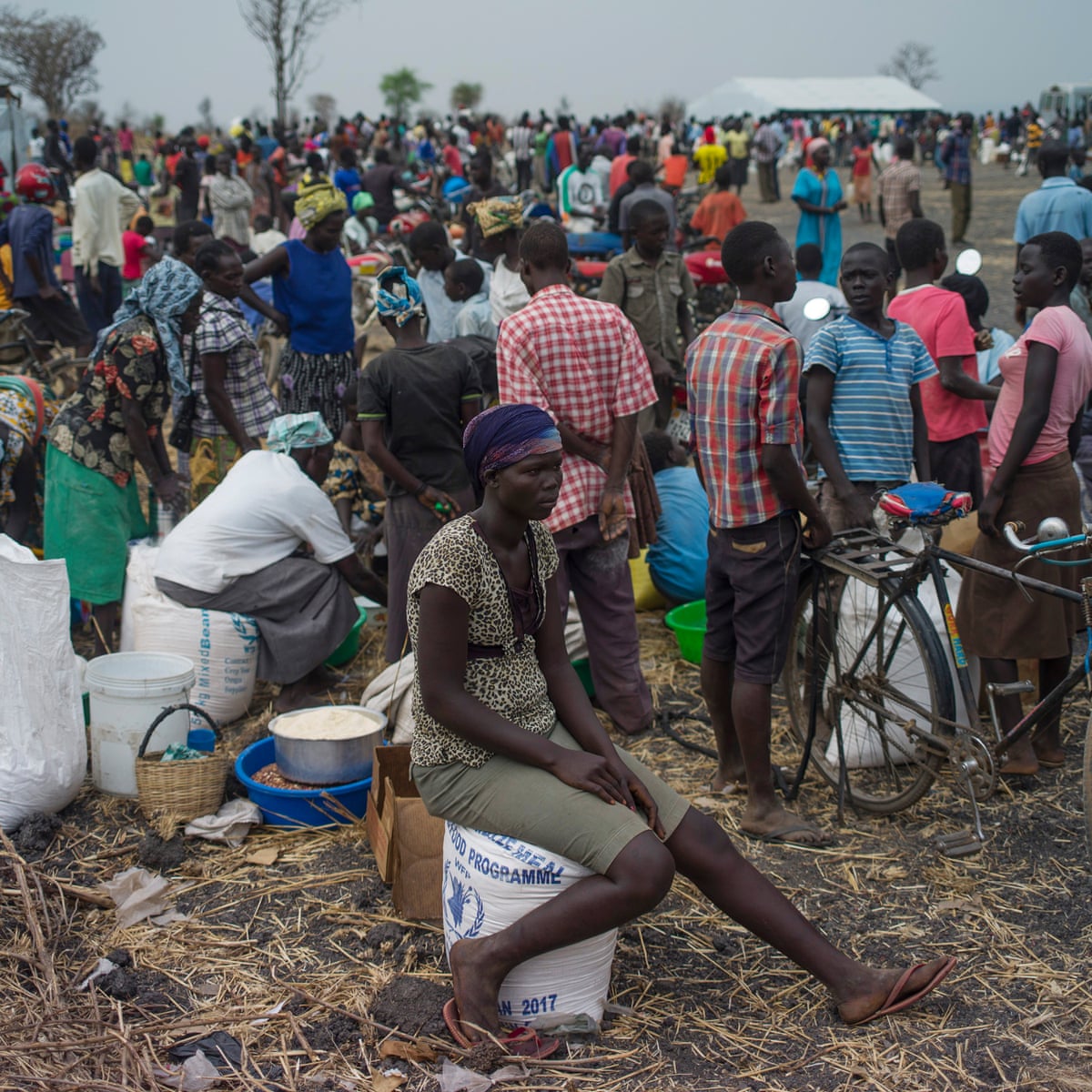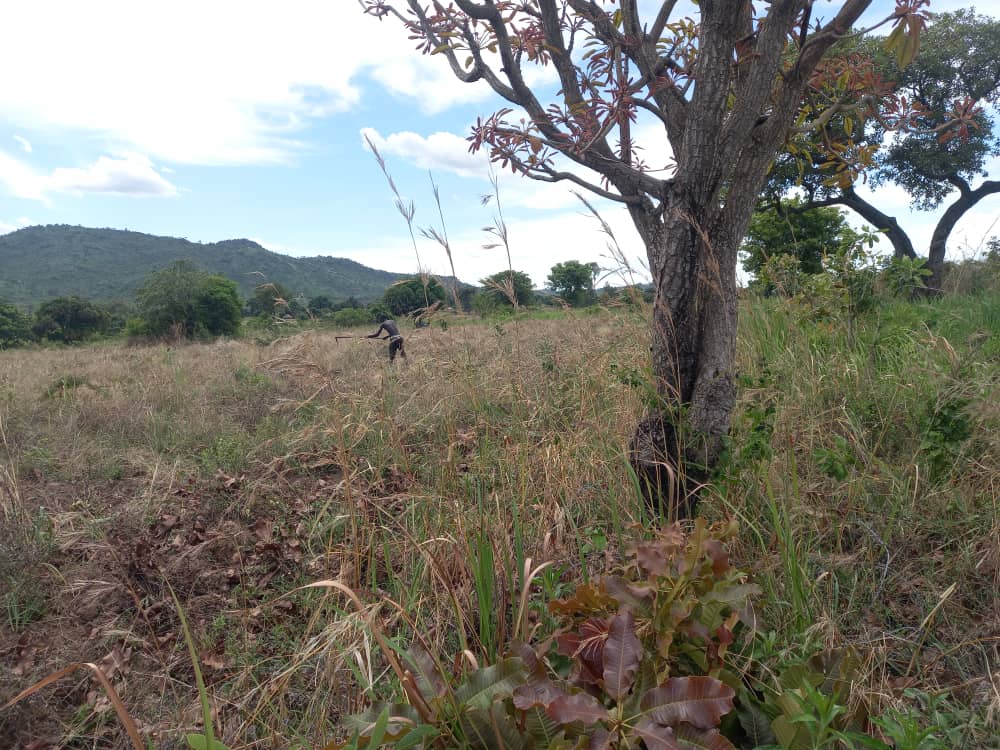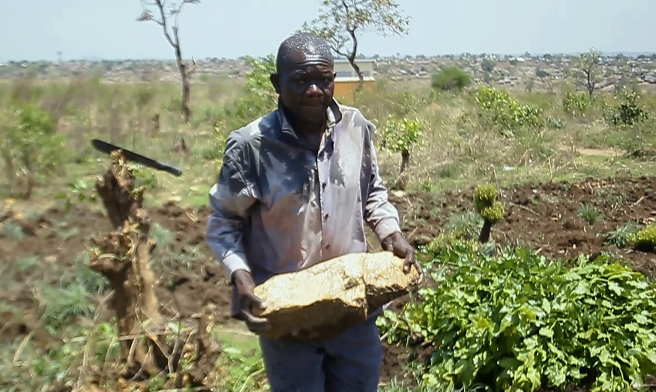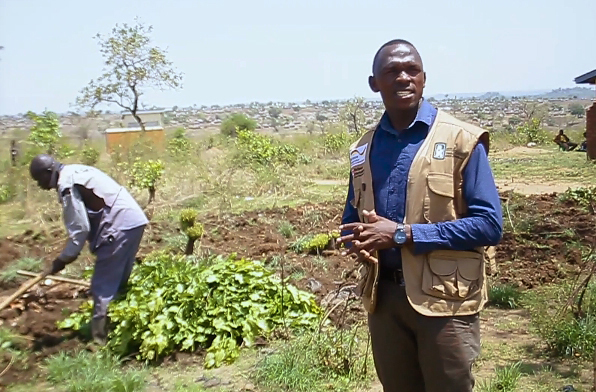Farming Land Access Made Easy

Municipality
Category / Sub-Category / Topic
Healthcare, Feeding
Type of investment needed
Grant
The challenge
The project
Know more...
Investment
(*): In kind/pro bonus
(**): Financing
Funds
Needed
Covered
Solicited
Investment
(*): In kind/pro bonus
(**): Financing
(*) (**)
u$s 2104.00
u$s 0.00
u$s 2104.00
(*) (**)
u$s 900.00
u$s 900.00
u$s 0.00
(**)
u$s 3000.00
u$s 0.00
u$s 3000.00
(**)
u$s 2747.25
u$s 0.00
u$s 2747.25
(**)
u$s 22564.82
u$s 0.00
u$s 22564.82
(**)
u$s 2500.00
u$s 0.00
u$s 2500.00
(**)
u$s 6000.00
u$s 0.00
u$s 6000.00
(**)
u$s 7140.00
u$s 0.00
u$s 7140.00
(**)
u$s 10615.38
u$s 0.00
u$s 10615.38
(**)
u$s 10615.38
u$s 0.00
u$s 10615.38
(**)
u$s 10615.38
u$s 0.00
u$s 10615.38
(**)
u$s 13615.38
u$s 0.00
u$s 13615.38
(**)
u$s 2747.25
u$s 0.00
u$s 2747.25
(**)
u$s 500.00
u$s 0.00
u$s 500.00
(**)
u$s 1270.28
u$s 0.00
u$s 1270.28
Funds
Needed
Covered
Solicited
2 Laptops (*) (**)
u$s 2104.00
u$s 0.00
u$s 2104.00
Office supplies (notebooks, pens, paper) (*) (**)
u$s 900.00
u$s 900.00
u$s 0.00
Beverages (soda, water) (**)
u$s 3000.00
u$s 0.00
u$s 3000.00
Information material (tear drop, banner, t-shirts) (**)
u$s 2747.25
u$s 0.00
u$s 2747.25
Funds
Needed
Covered
Solicited
Transportation (**)
u$s 22564.82
u$s 0.00
u$s 22564.82
Project Inception (Hall hire, transport refund, meals for 50 participants) (**)
u$s 2500.00
u$s 0.00
u$s 2500.00
Transport refund for 120 community stakeholders during meetings (**)
u$s 6000.00
u$s 0.00
u$s 6000.00
Bi weekly monitoring field visits and 1 Evaluation assessments requiring external data collectors (**)
u$s 7140.00
u$s 0.00
u$s 7140.00
Funds
Needed
Covered
Solicited
1 Project field officer (**)
u$s 10615.38
u$s 0.00
u$s 10615.38
1 M&E Officer (**)
u$s 10615.38
u$s 0.00
u$s 10615.38
1 Finance & Admin Officer (**)
u$s 10615.38
u$s 0.00
u$s 10615.38
1 1 Project Manager (**)
u$s 13615.38
u$s 0.00
u$s 13615.38
Funds
Needed
Covered
Solicited
Compensation for 10 Landlords (**)
u$s 2747.25
u$s 0.00
u$s 2747.25
Airtime and data bundles (**)
u$s 500.00
u$s 0.00
u$s 500.00
Head office administrative overheads (**)
u$s 1270.28
u$s 0.00
u$s 1270.28




